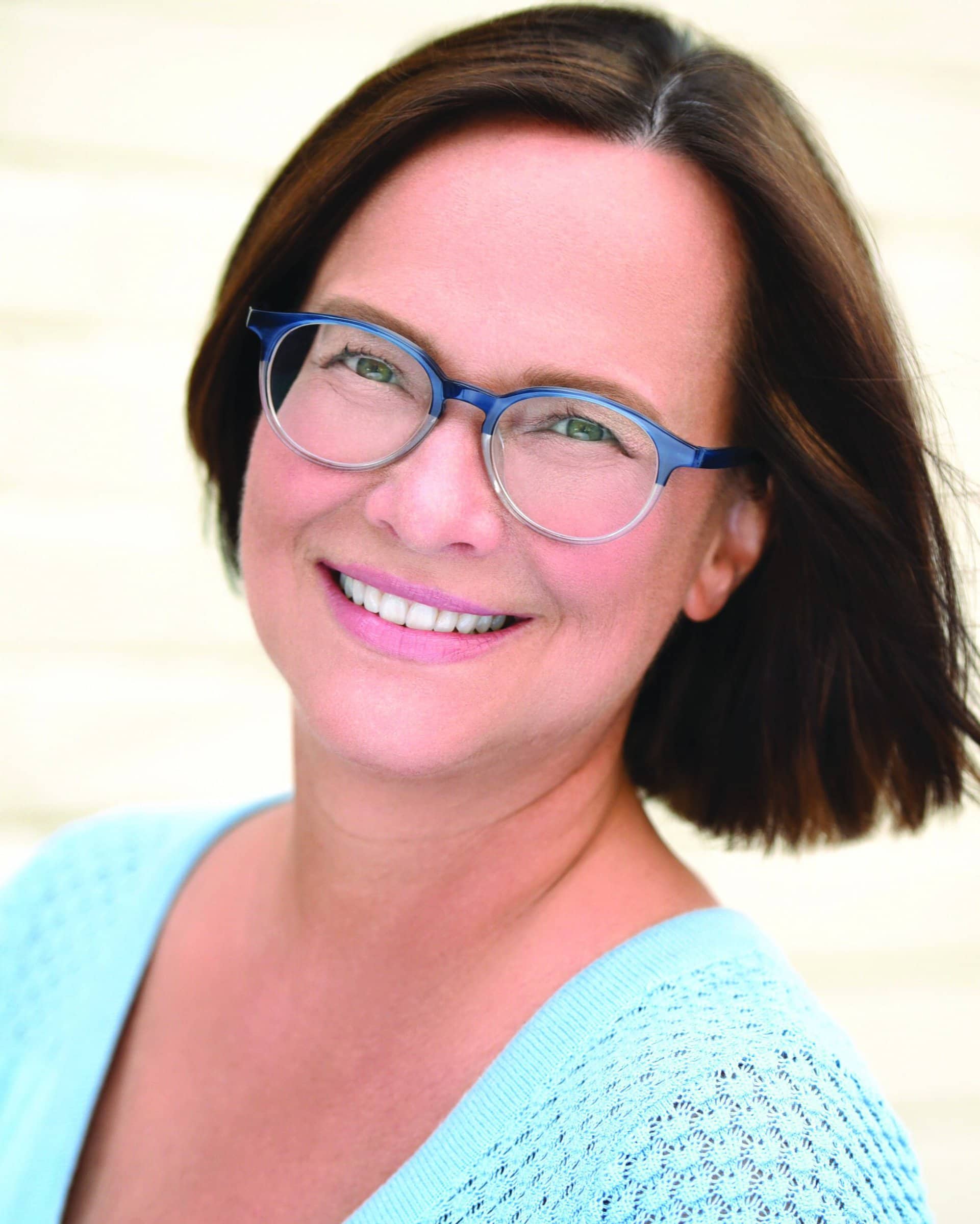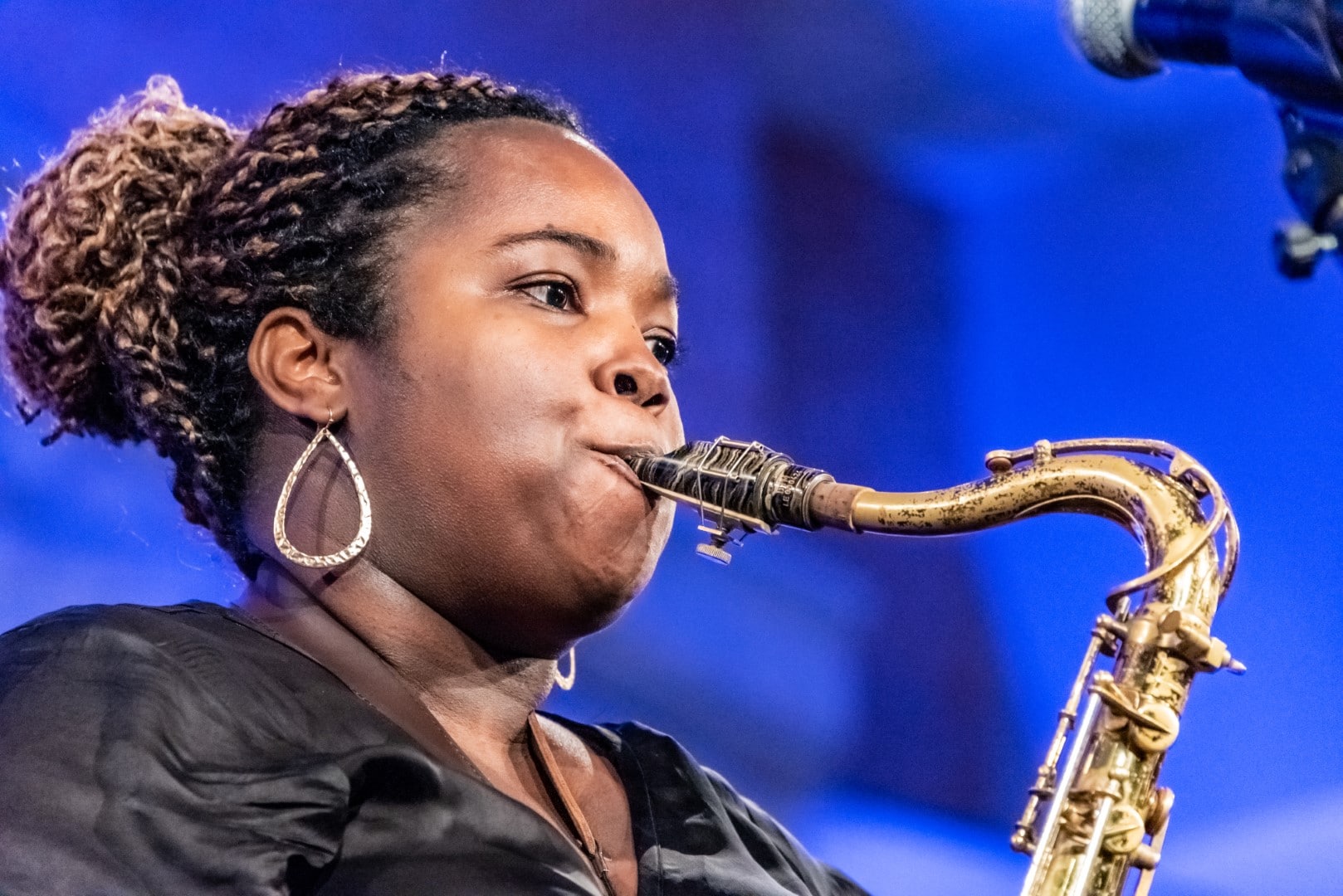Equity Resource Center: Contents
Equity Resource Center Introduction and Prologue
The NAfME Equity Resource Center is a collection of Diversity, Equity, Inclusion, Access, and Belonging (DEIAB) resources to support our members in their continuing efforts to make DEIAB actionable in the music education profession. Selections for the resource center include webinars, blogs, journal articles, personal stories, and frequently asked questions.
The Equity Resource Center is organized in four sections:
- Frequently Asked Questions (FAQs),
- Personal Stories,
- SAGE/NAfME Journal DEIAB Virtual Collection, and
- NAfME Resource Library
Content in the center will be updated as new resources become available.
NAfME is committed to ensuring that every individual is represented and supported in the pursuit of music education. Our commitment to Diversity, Equity, Inclusion, Access, and Belonging (DEIAB) reflects a deep-seated belief in the transformative power of music to bridge divides and foster community.
A note of gratitude to the members of the NAfME Equity Committee and Equity Leadership Institute for their work bringing the NAfME Equity Resource Center to life.
Personal Stories

Jared Cassedy
An Experience in Equity

James Daugherty
The Importance of Equity In My Walk

Johnathan Hamiel
Power in Our Words

Alice Hammel
Why Equity Is Important to Me

Lenora Helm Hammonds
What Equity Means to Me

Russ Sperling
San Diego Pride Youth Marching Band
SAGE DEIAB Virtual Collection
The collection is divided into six categories: Advocacy, Curriculum, DEIAB Information, Equity, Pedagogy, and Personal Stories. Articles discuss topics on students who have differences in physical and cognitive needs, race, culture, LGBTQIA+, and related instructional materials, teaching strategies, and general information. These resources will be particularly helpful for PK-12 in-service and pre-service music educators.
NAfME DEIAB Resources
NAfME offers position statements, legislative information, webinars, academic journal articles, blog posts, and more to help answer your questions and guide your decisions as a music educator.
(Search the NAfME Resource Library with the terms Diversity, Equity, Inclusion, or Access for more related resources.)

What We Believe
NAfME is committed to defining, developing, and promoting resources and frameworks that expand equitable access to music education. This equity work will not only support diverse curricula, repertoire, and musical opportunities, but will also provide a lens through which to examine policies, procedures, and practices.
In 2022, members approved a bylaws change that established the NAfME Equity Committee as a Standing Committee of the Association and added two Equity Committee appointments to the National Executive Board (NEB) via a nomination process. Learn more about the history of NAfME's equity work (see pages 4-8).
Equity in music education is the keystone of NAfME's 2022 Strategic Plan.
